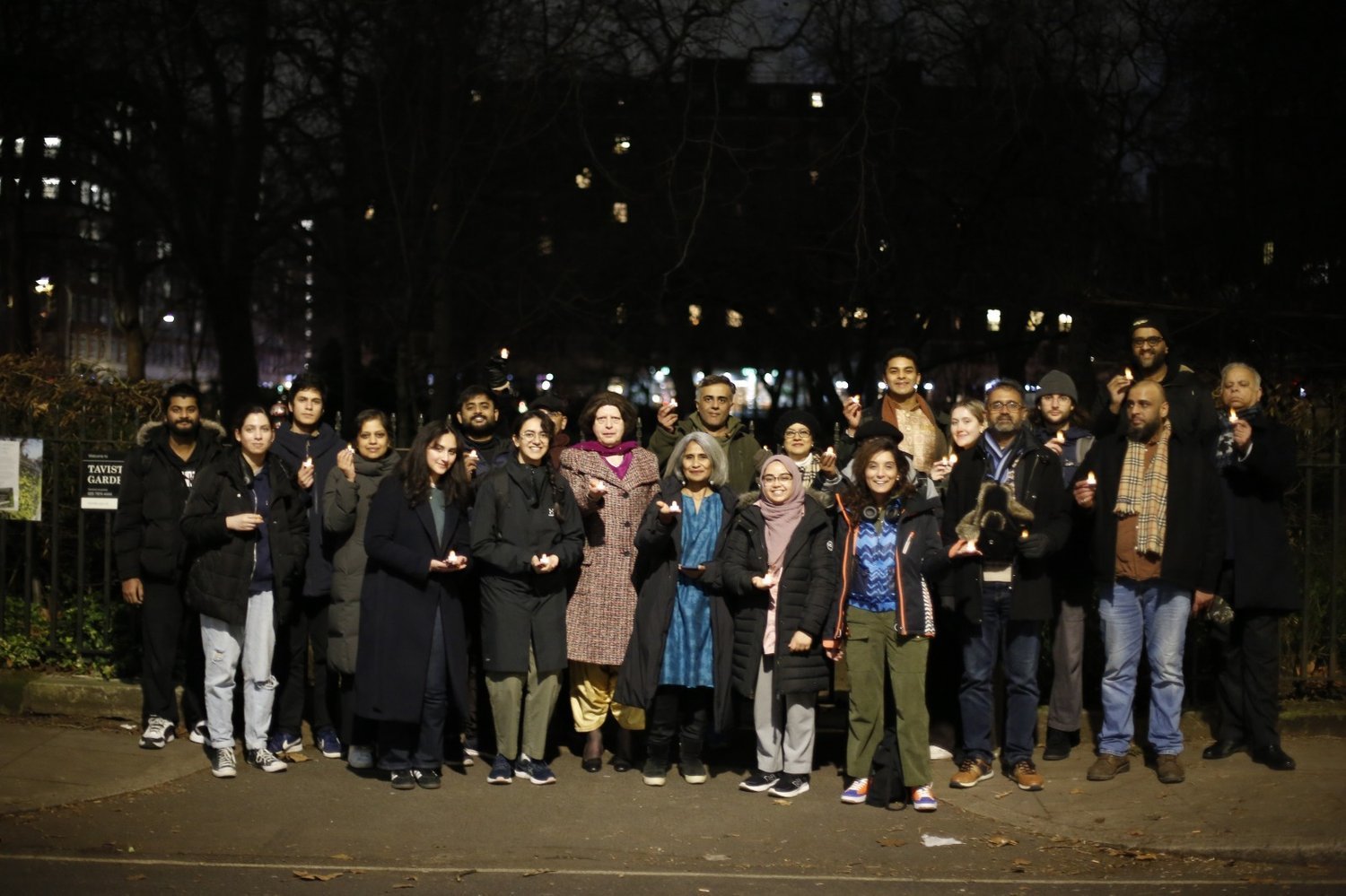Martyrs’ Day 2025: Honoring Legacies, Resisting Hate
On January 30, 2025, India will once again observe Martyrs’ Day (Shaheed Diwas)—a day of solemn remembrance for Mahatma Gandhi, who was assassinated 77 years ago. Yet, to merely recall Gandhi’s death without confronting the forces that led to it—forces that persist in new and insidious forms—would be an injustice to his legacy. Martyrs' Day is not just a moment of reflection; it is a call to action.
In 2025, as authoritarianism tightens its grip in India, as dissent is criminalized, and as historical narratives are rewritten to serve majoritarian interests, the meaning of this day grows sharper. Gandhi was killed not just by a bullet but by an ideology—one that viewed his commitment to peace, pluralism, and justice as an existential threat. That ideology has not faded; rather, it has woven itself into the mainstream of Indian politics, emboldened by state power and transnational networks of Hindutva organizations.
Reclaiming Gandhi from Those Who Betray Him
The grim irony of today’s India is that those who seek to claim Gandhi’s legacy are often the very forces that despise everything he stood for. Leaders who idolize Nathuram Godse, his assassin, now enjoy mainstream legitimacy, while the Gandhian vision of a just and inclusive India is dismissed as outdated or even subversive. On Martyrs’ Day 2025, we must not let these distortions go unchallenged.
Gandhi was not merely a saintly figure advocating abstract notions of peace—he was a political strategist who stood against caste hierarchies, religious majoritarianism, and the violence of the state. His assassins were not just individuals, but representatives of a larger project—one that sought to erase his vision of India and replace it with an exclusionary Hindu nation. The present moment demands that we expose and resist this betrayal of history.
The Hindus for Human Rights and UK Indian Muslim Council Peace Walk in London 2024
Standing Together: The Legacy of Resistance
Last year, Hindus for Human Rights UK and the Indian Muslim Council UK organized a Peace Walk in London on Martyrs’ Day to honor the intertwined legacies of Gandhi and Dr. B.R. Ambedkar. The march was a defiant act of Hindu-Muslim unity at a time when religious polarization is deliberately stoked for political gain. It reminded us that true homage to Gandhi and Ambedkar is found not in empty rituals, but in the ongoing struggle for justice and equality.
🔗 Read about last year’s Martyrs’ Day Peace Walk here:
A March for Peace and Unity
In 2025, as we observe Martyrs’ Day, we must expand upon such efforts. Silence in the face of escalating violence—whether it be against Dalits, Muslims, Christians, or dissidents—would be a betrayal of the very martyrs we claim to honor. Commemorating Gandhi must mean standing against the authoritarianism, casteism, and communal hatred that his assassins sought to impose.
What Can We Do?
Challenge Historical Distortions: Educate people about who killed Gandhi and why—and how that same ideology thrives today.
Reaffirm Interfaith Solidarity: Join or organize peace walks, discussions, and gatherings that emphasize pluralism.
Support Political Prisoners: Many of today’s activists—whether in India, Palestine, or elsewhere—face state persecution just as Gandhi did. In New York this week there are two screenings of the film : “Prisoner No. 626710 is Present” which explores the arrest and imprisonment of Umar Khalid, a student leader and activist, under the draconian UAPA law. It reconstructs how Khalid was framed through found footage and media analysis, shedding light on his ongoing struggle for justice.
Resist Hate in Our Communities: Whether in the UK, the US, or anywhere else, the influence of Hindutva must be countered with bold and unapologetic advocacy.
As we mark January 30, 2025, let us reclaim Martyrs’ Day as a day of courageous remembrance and unwavering resistance. Let us be the inheritors not just of Gandhi’s words, but of his struggle.



